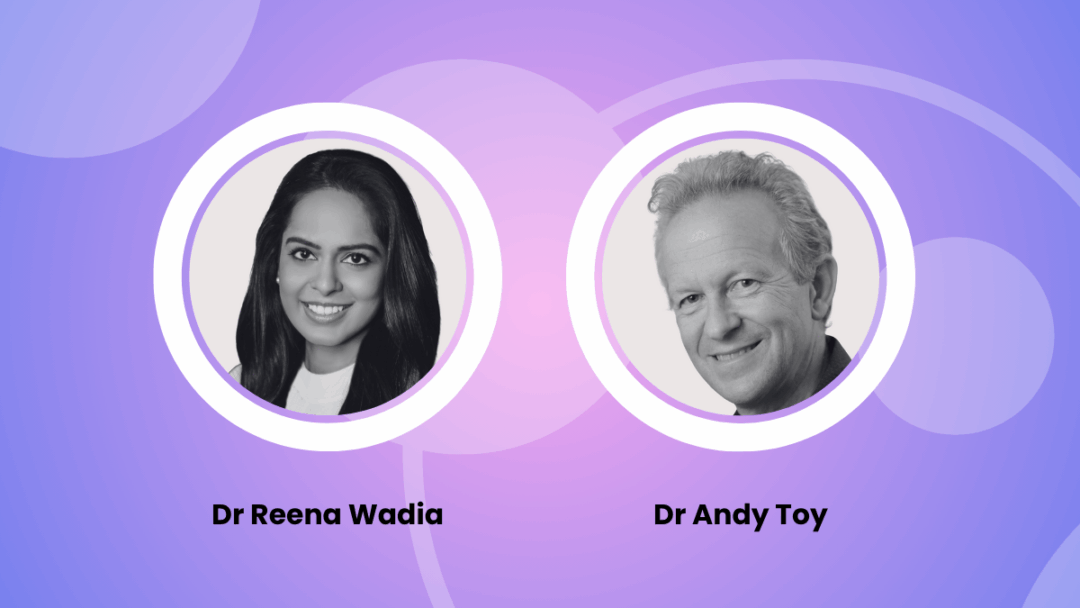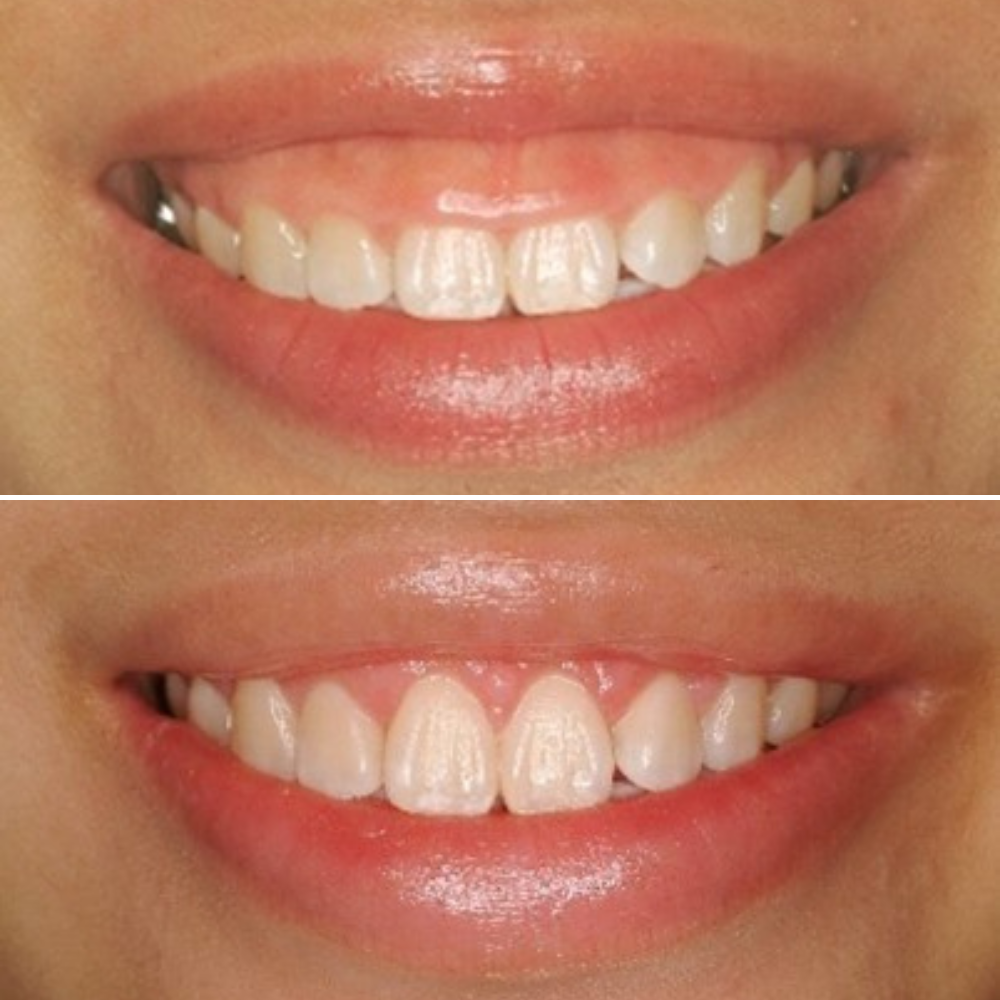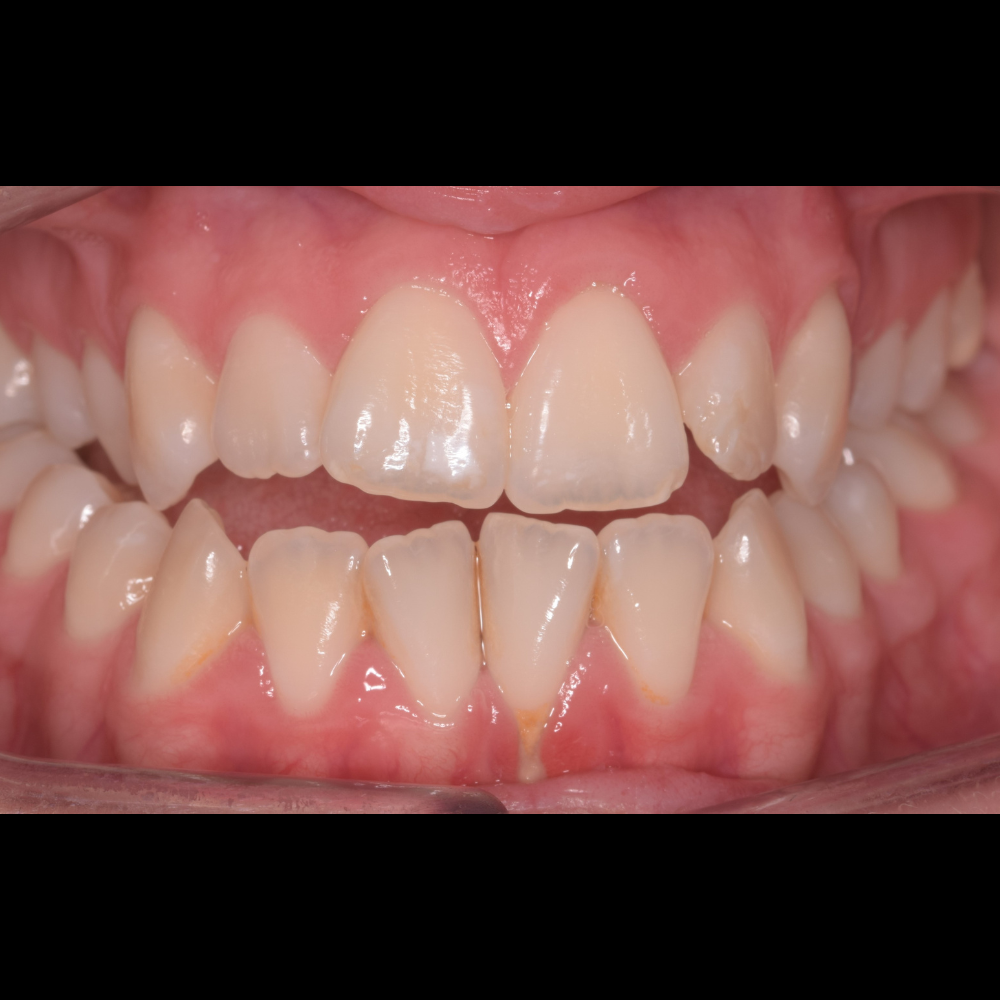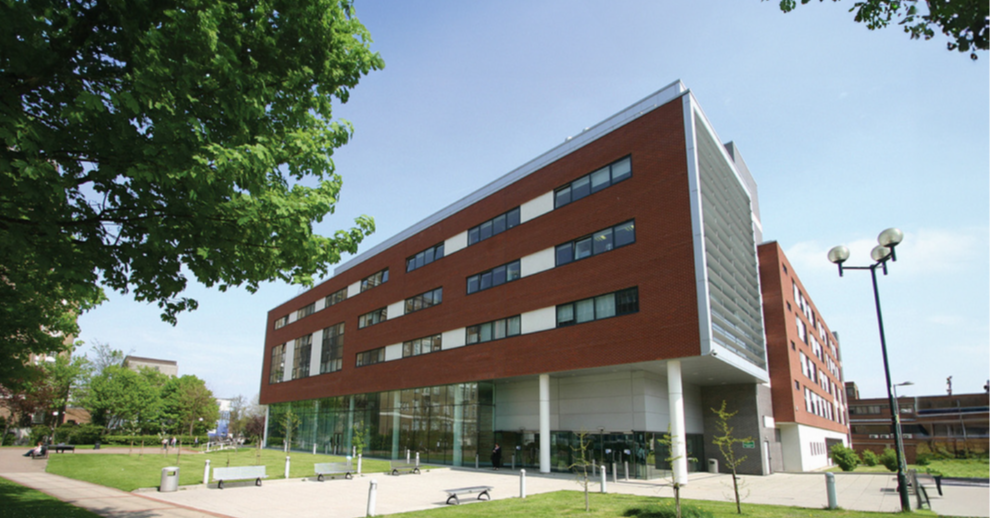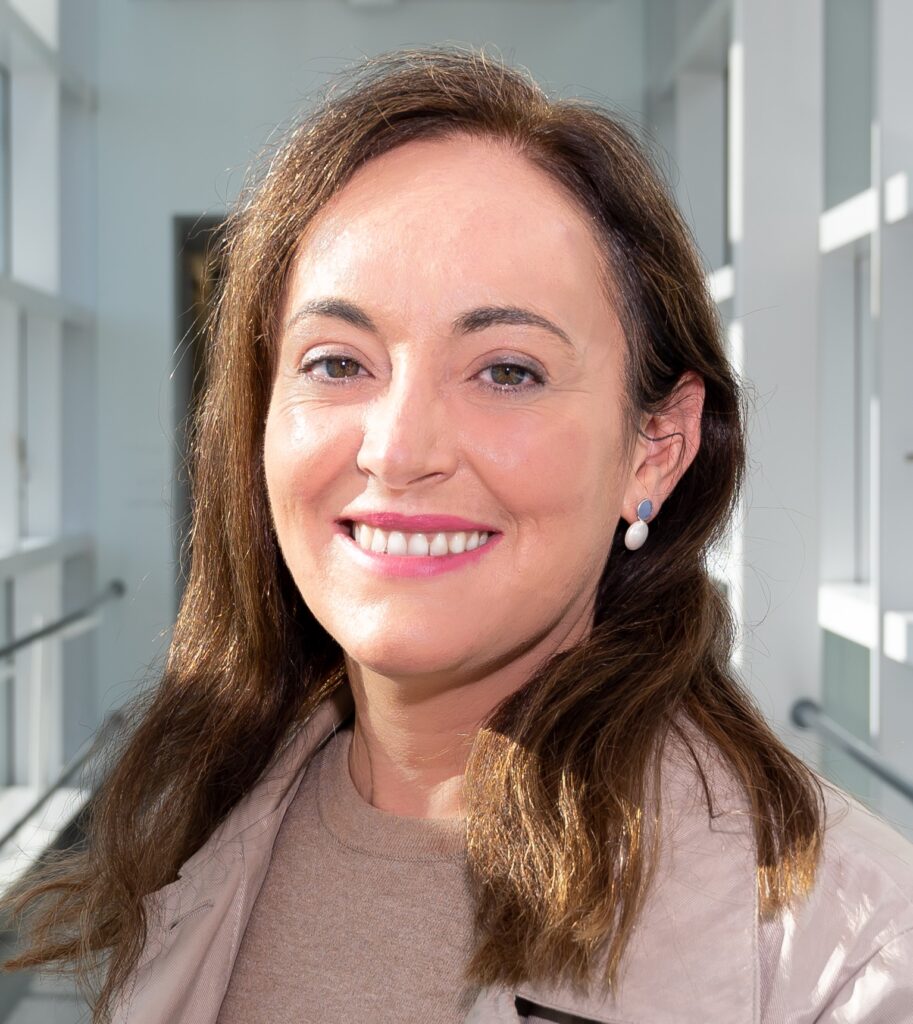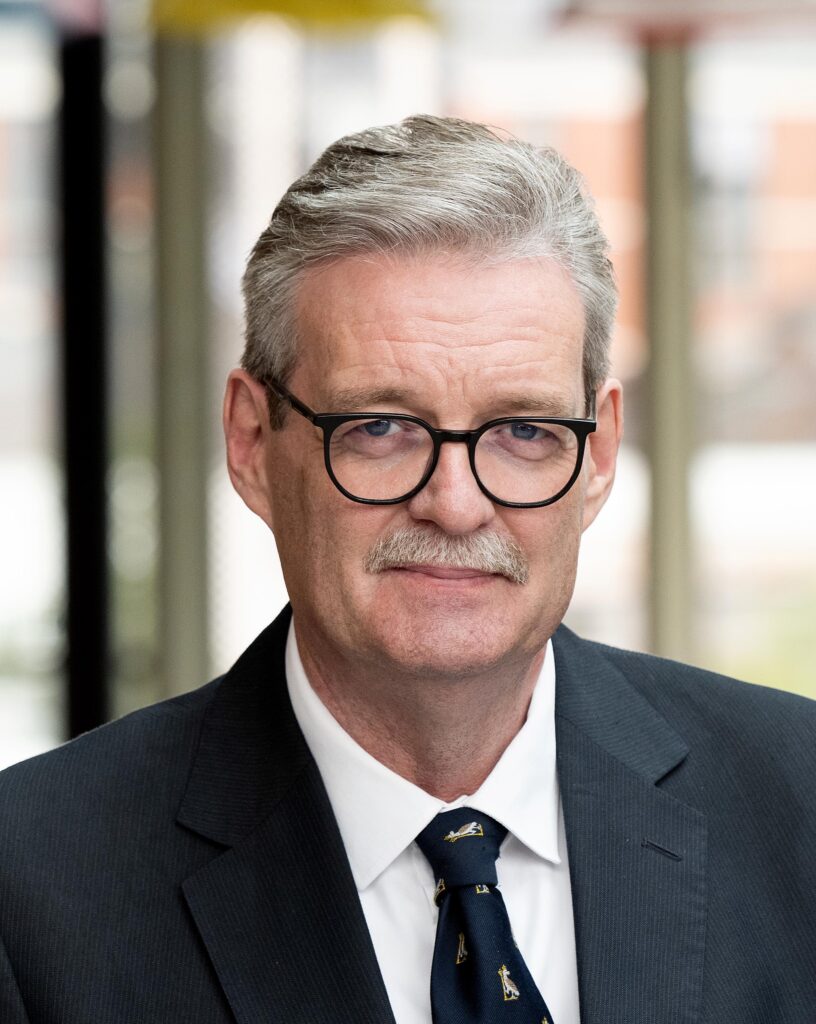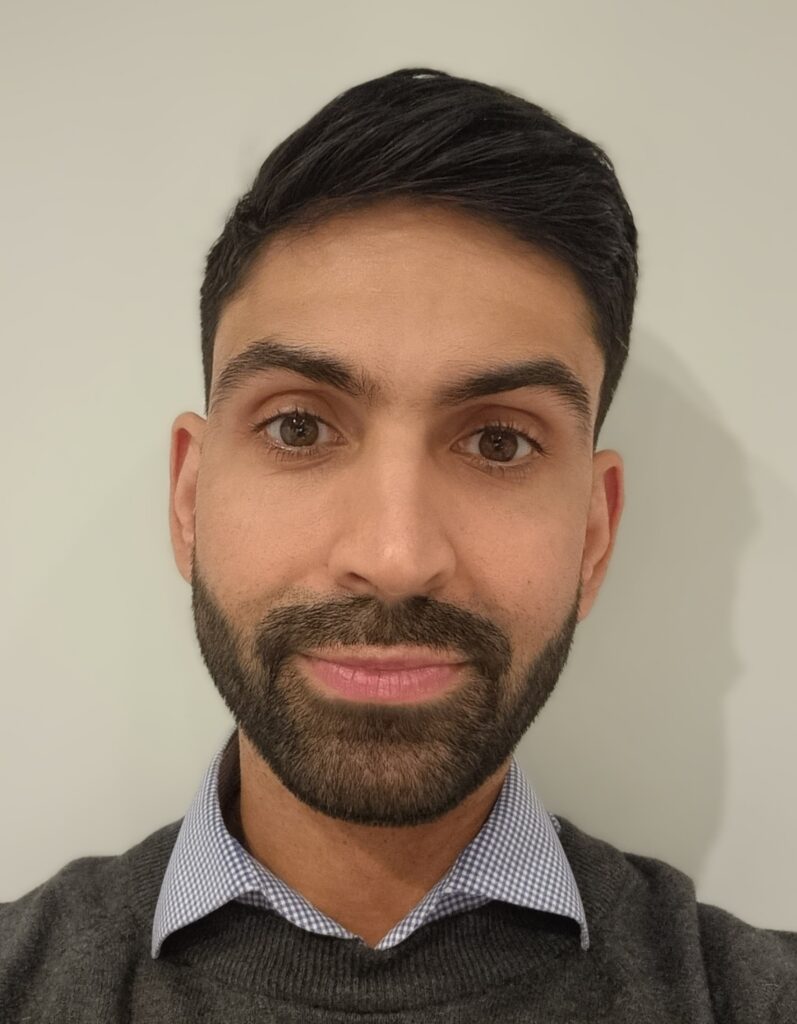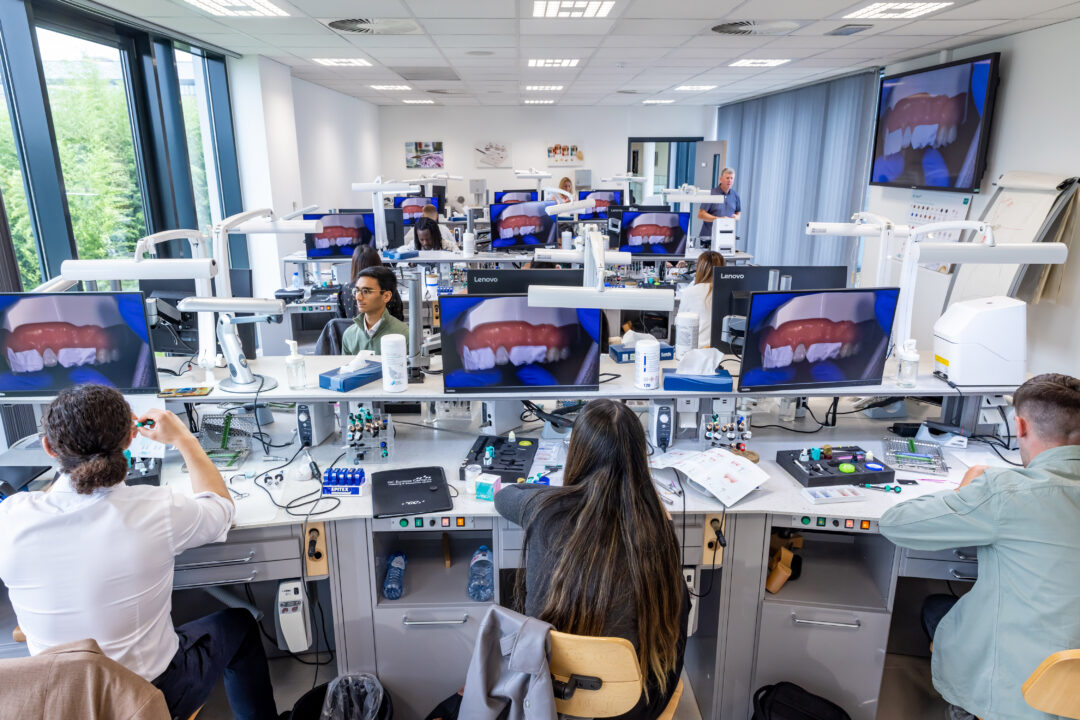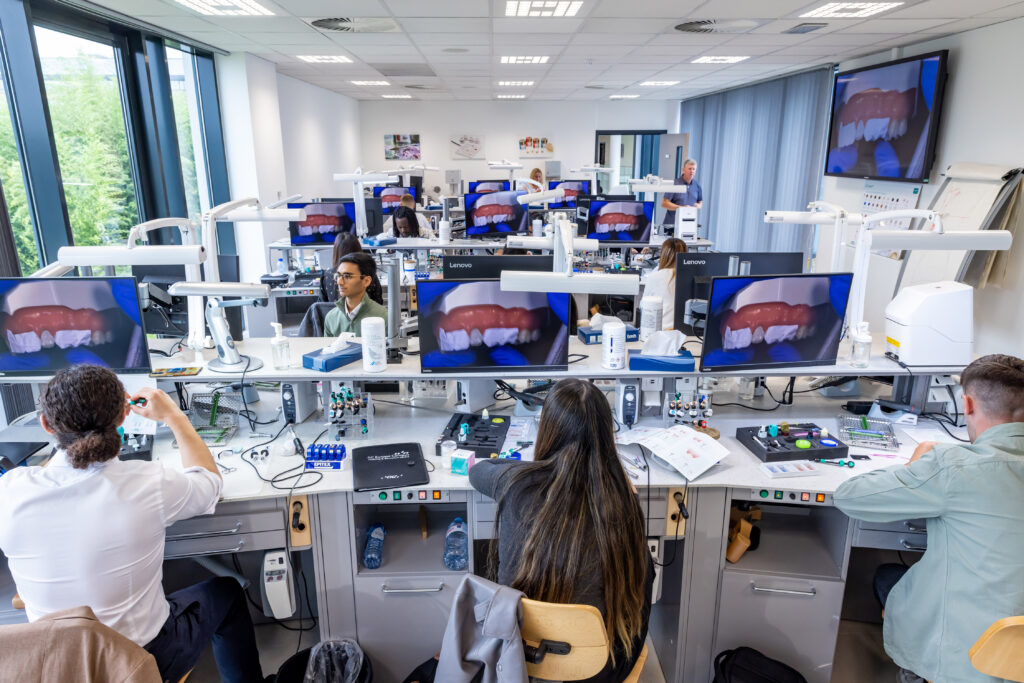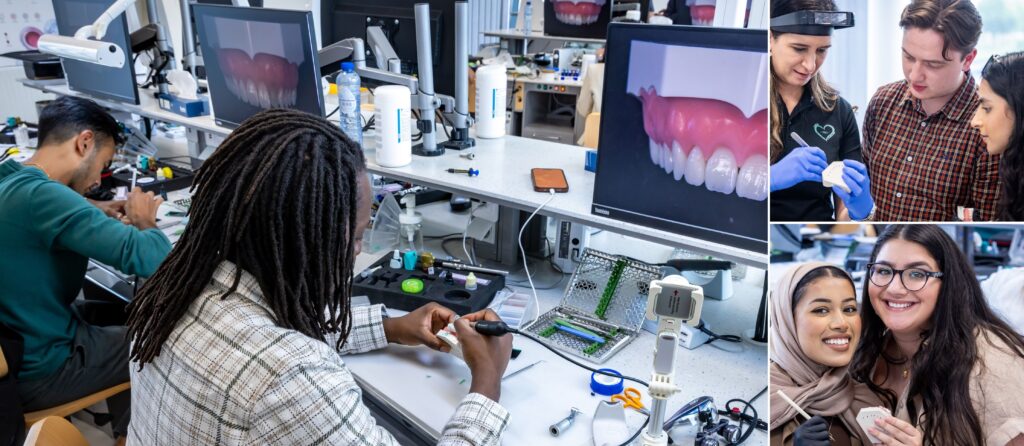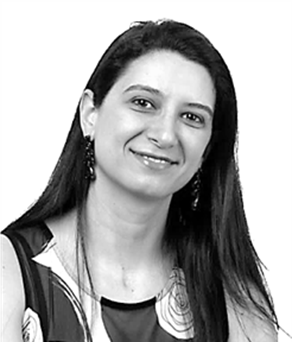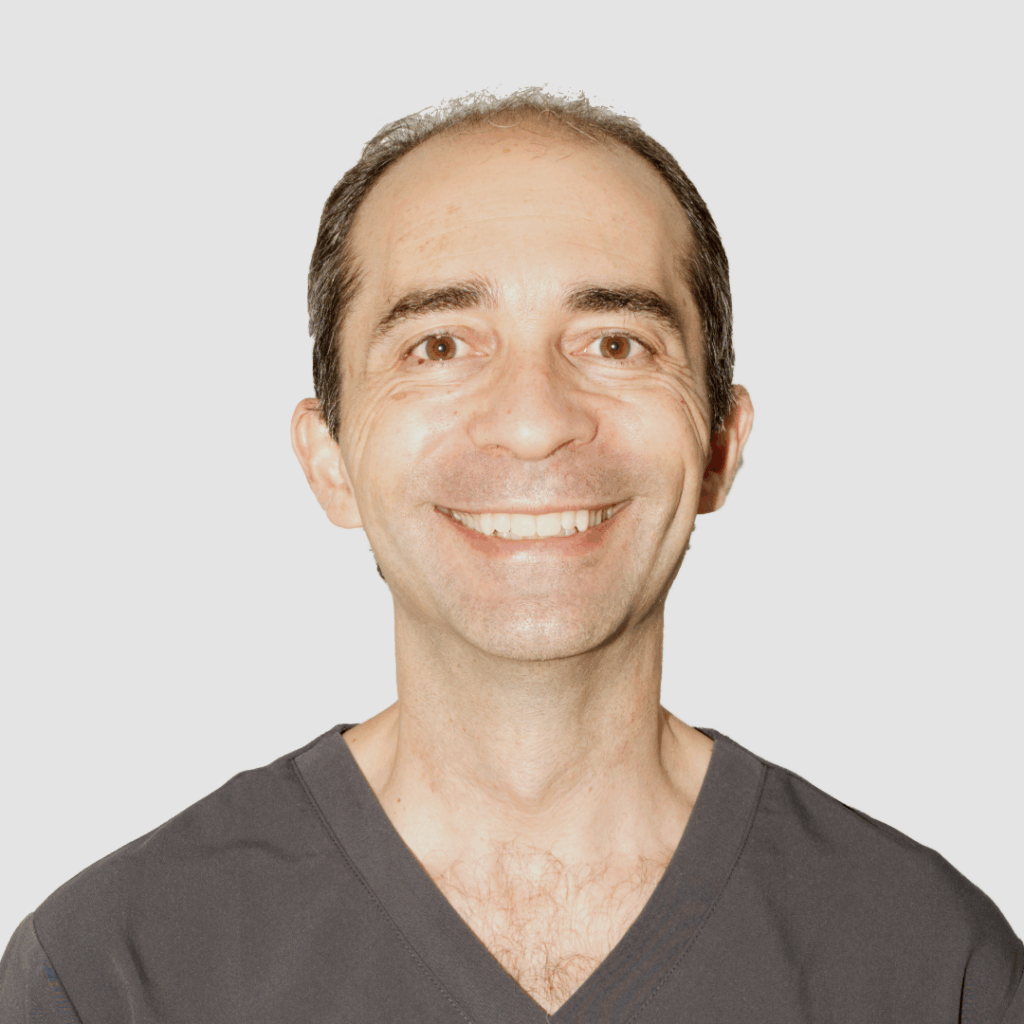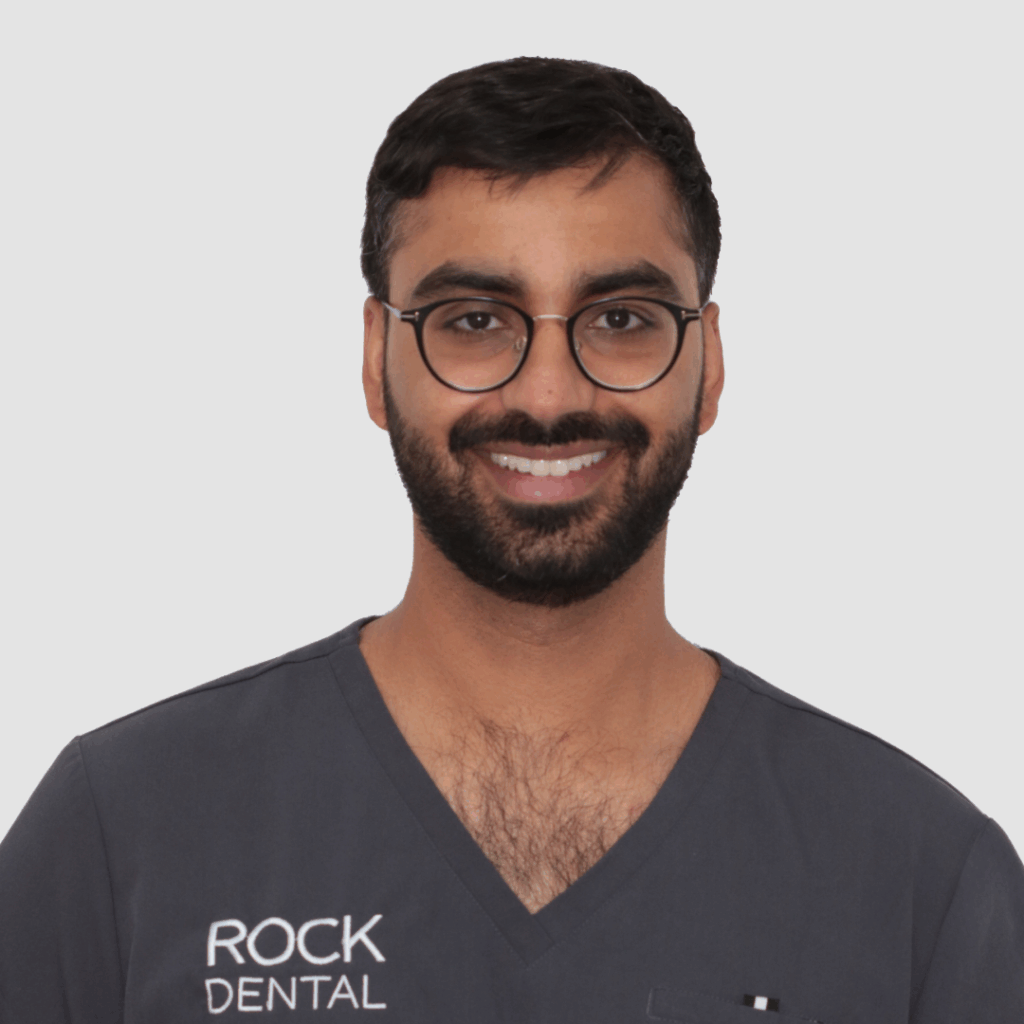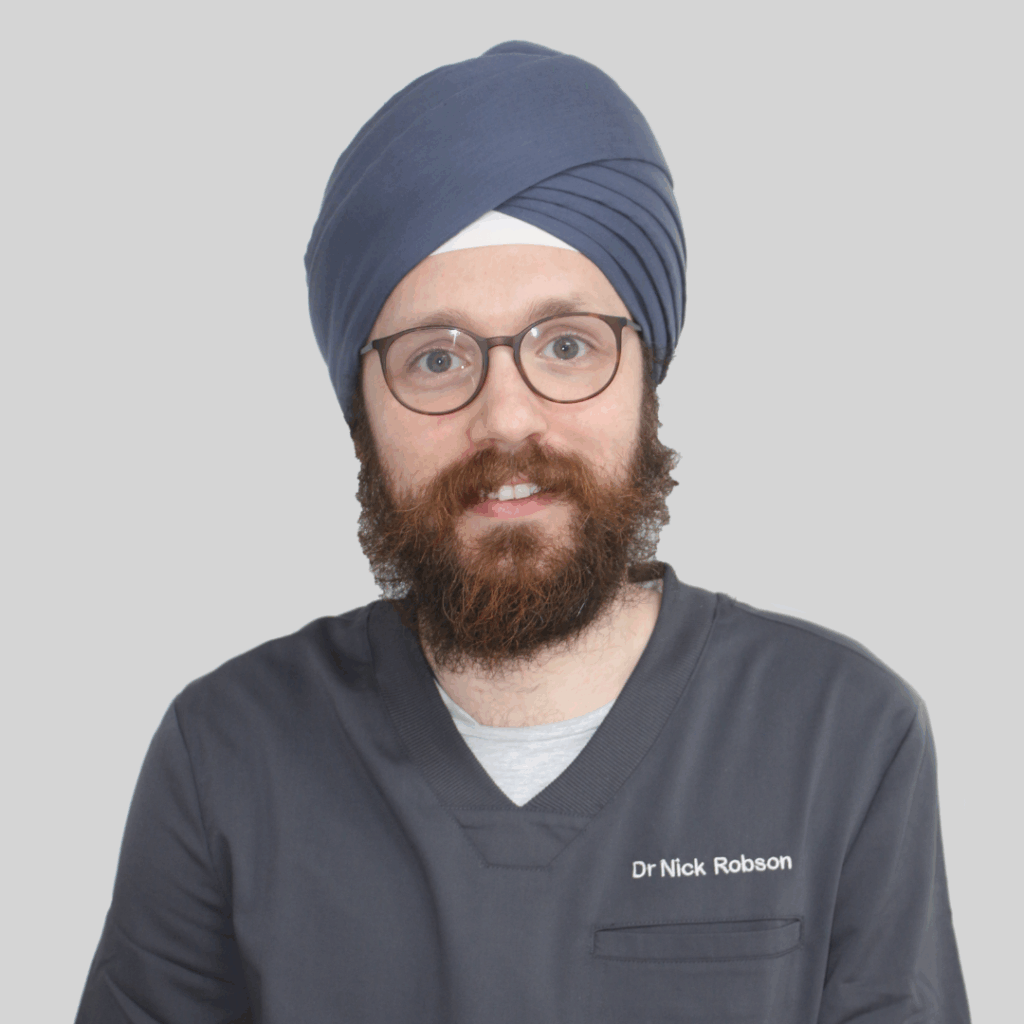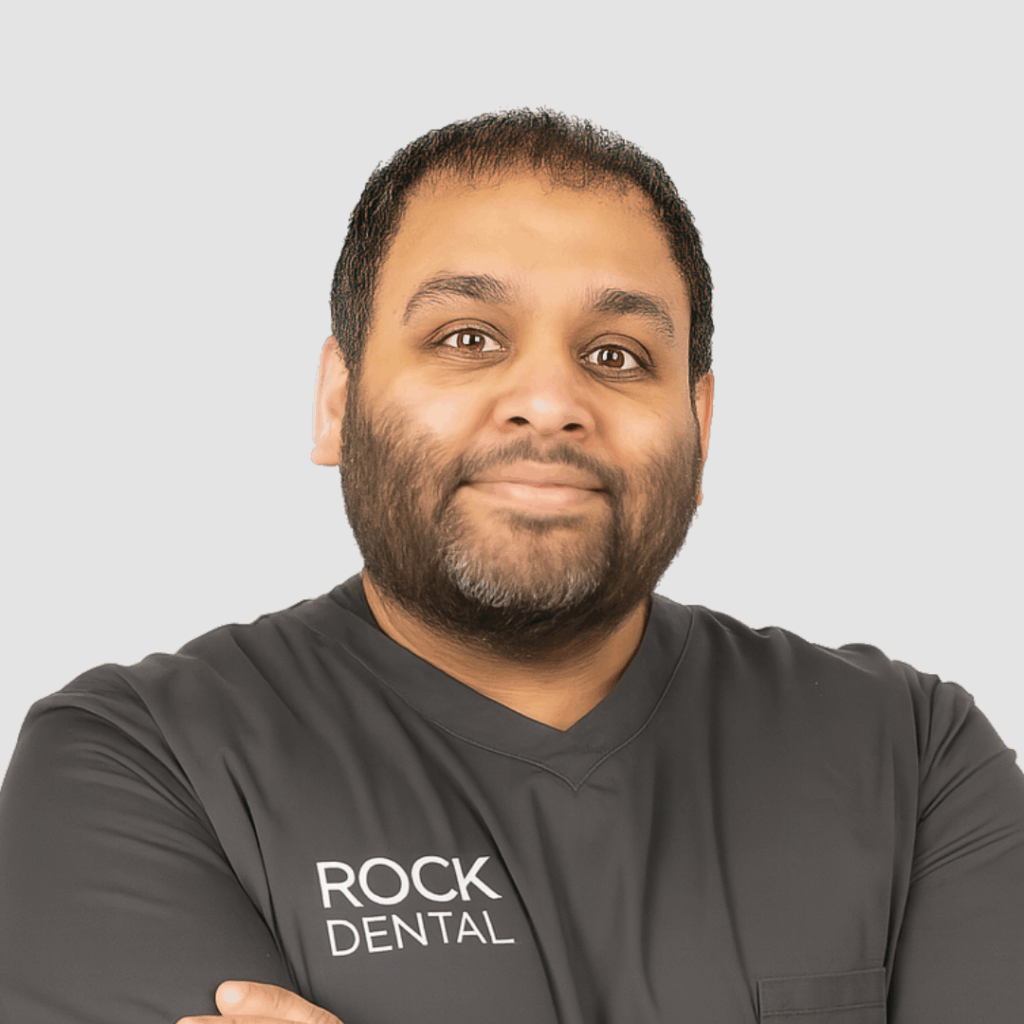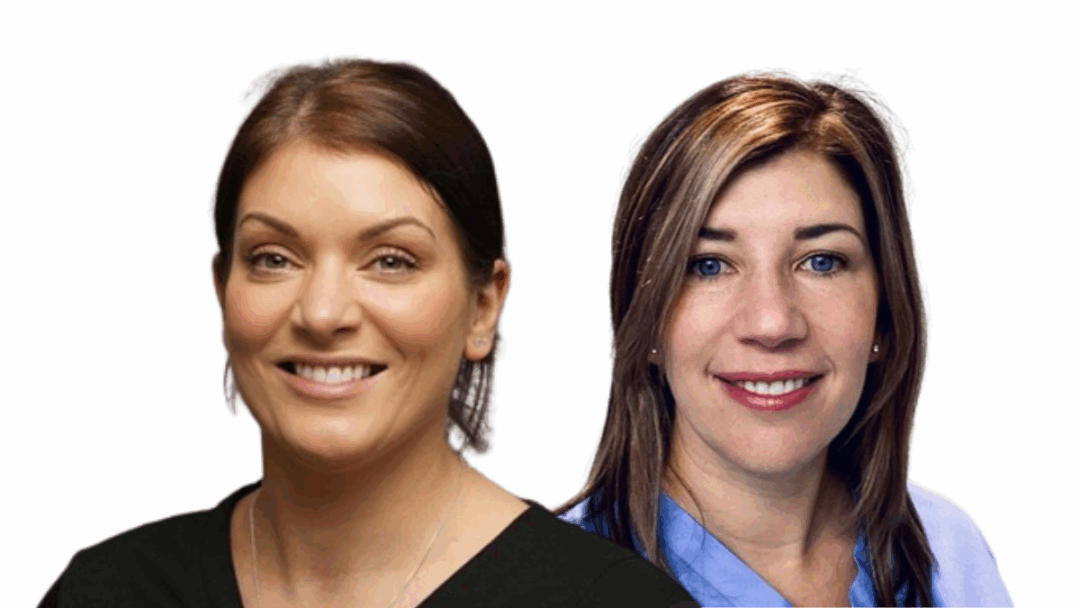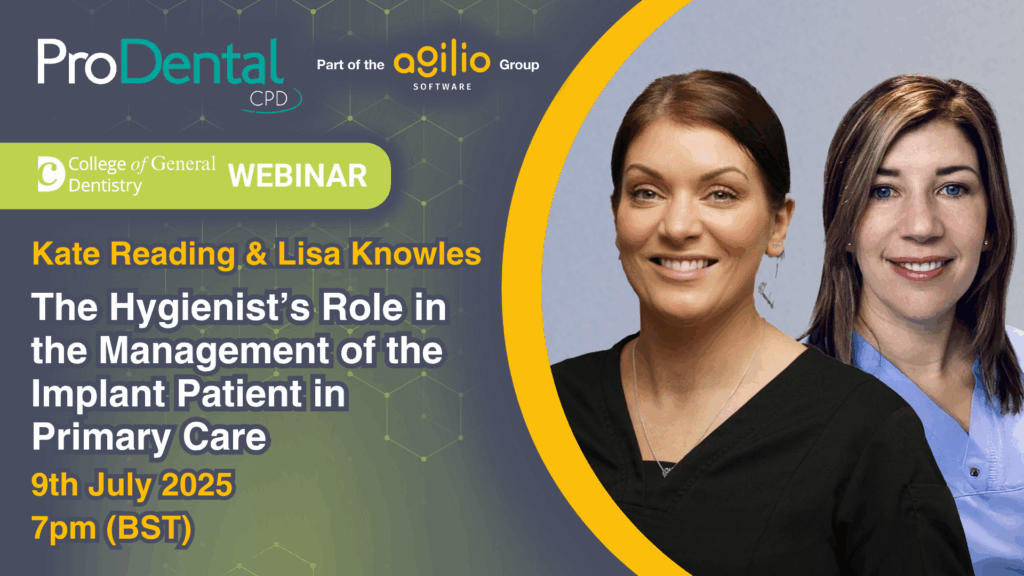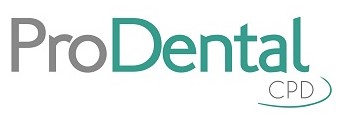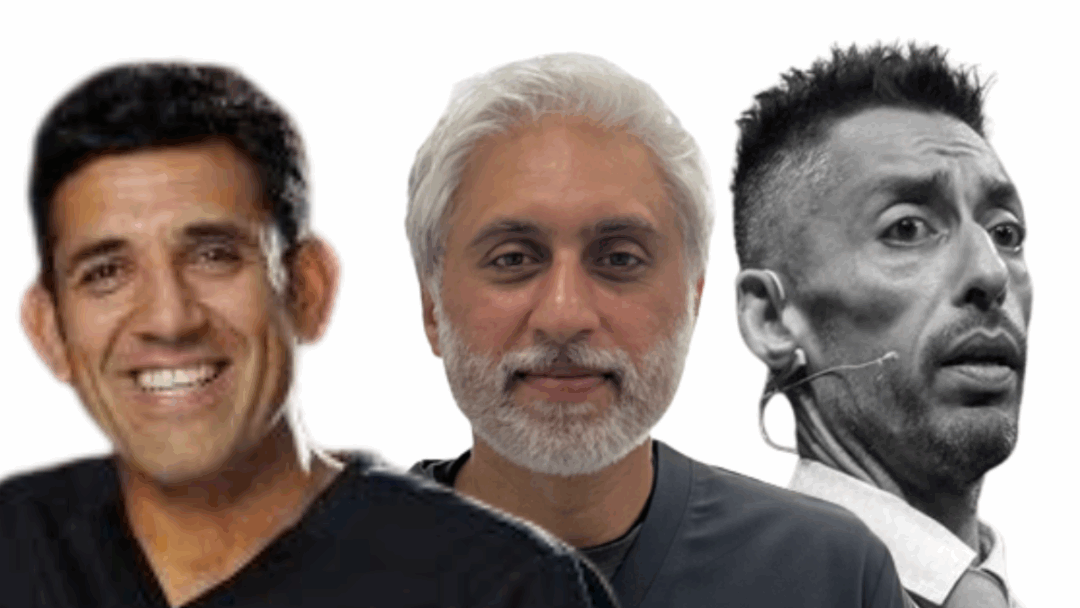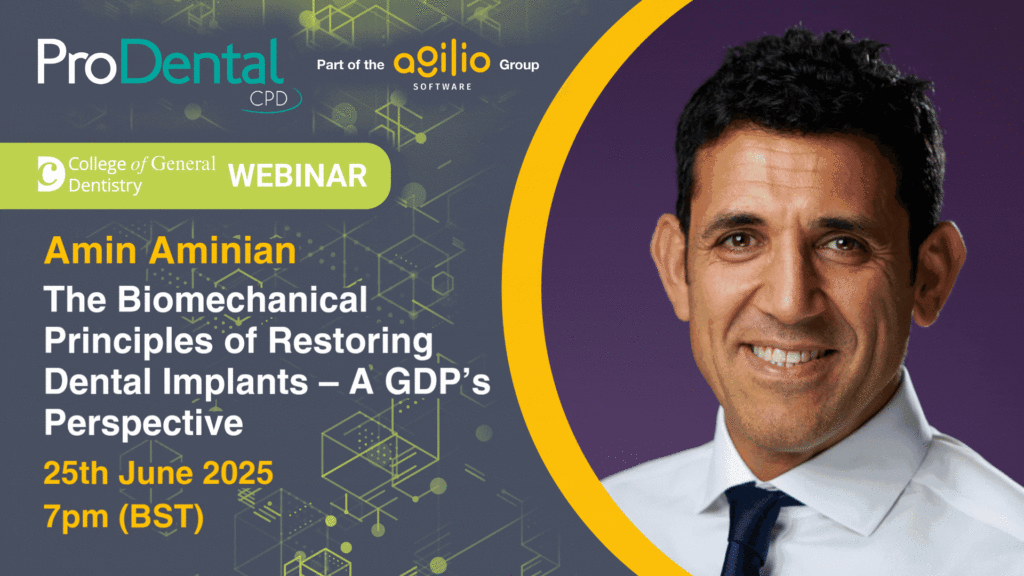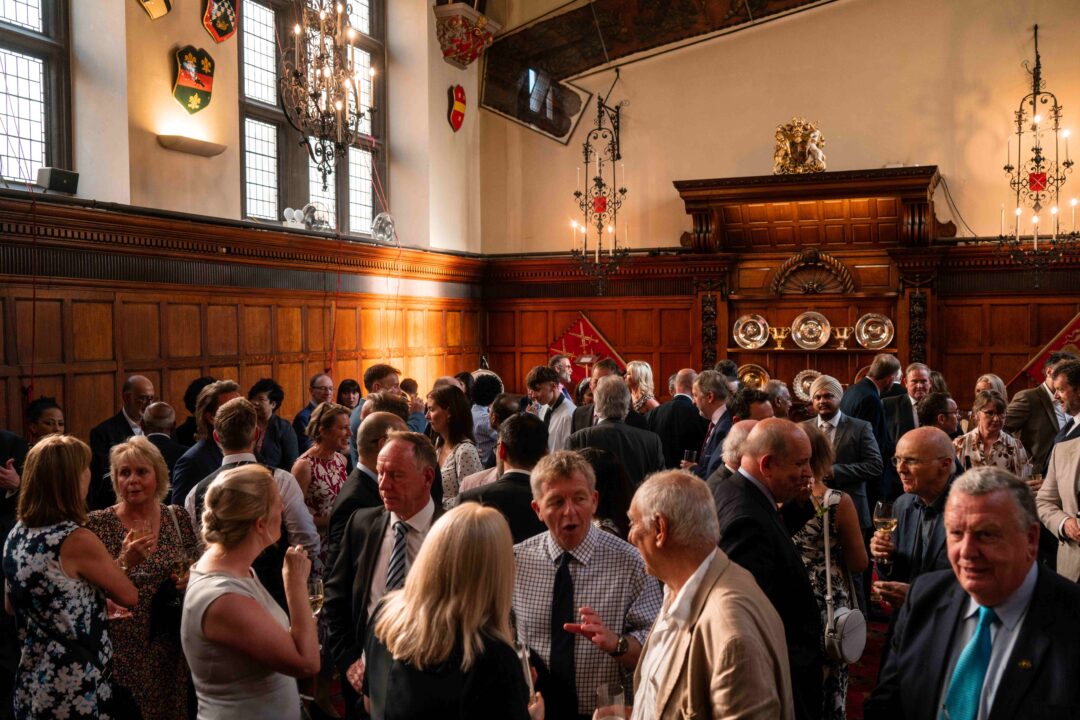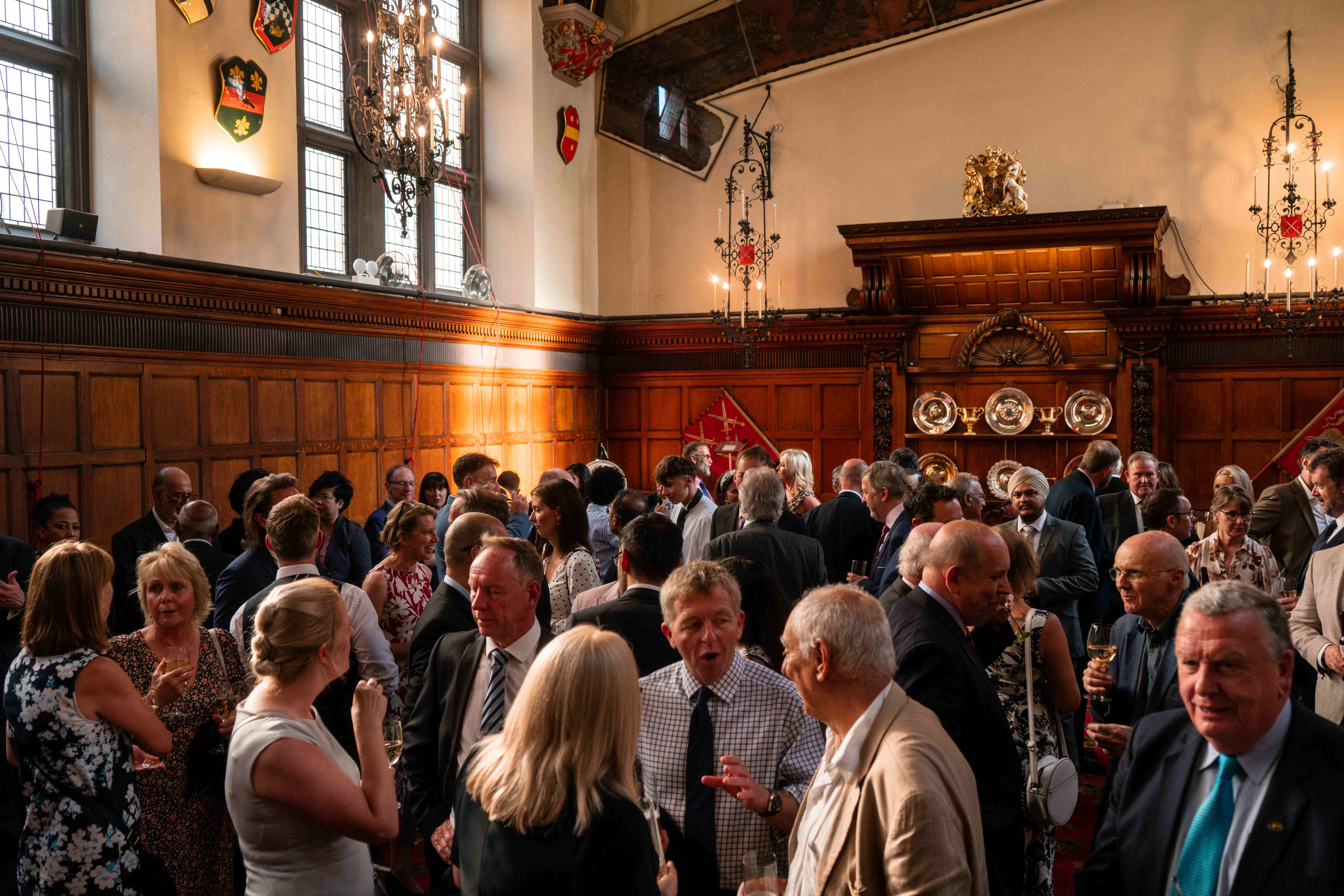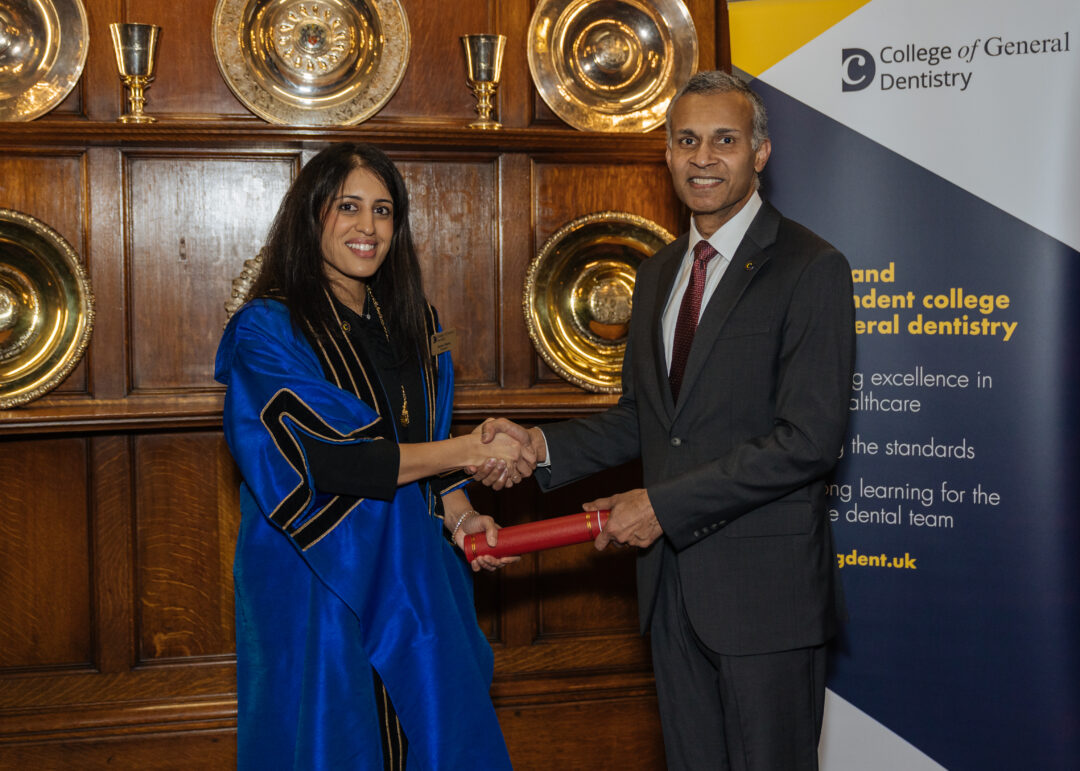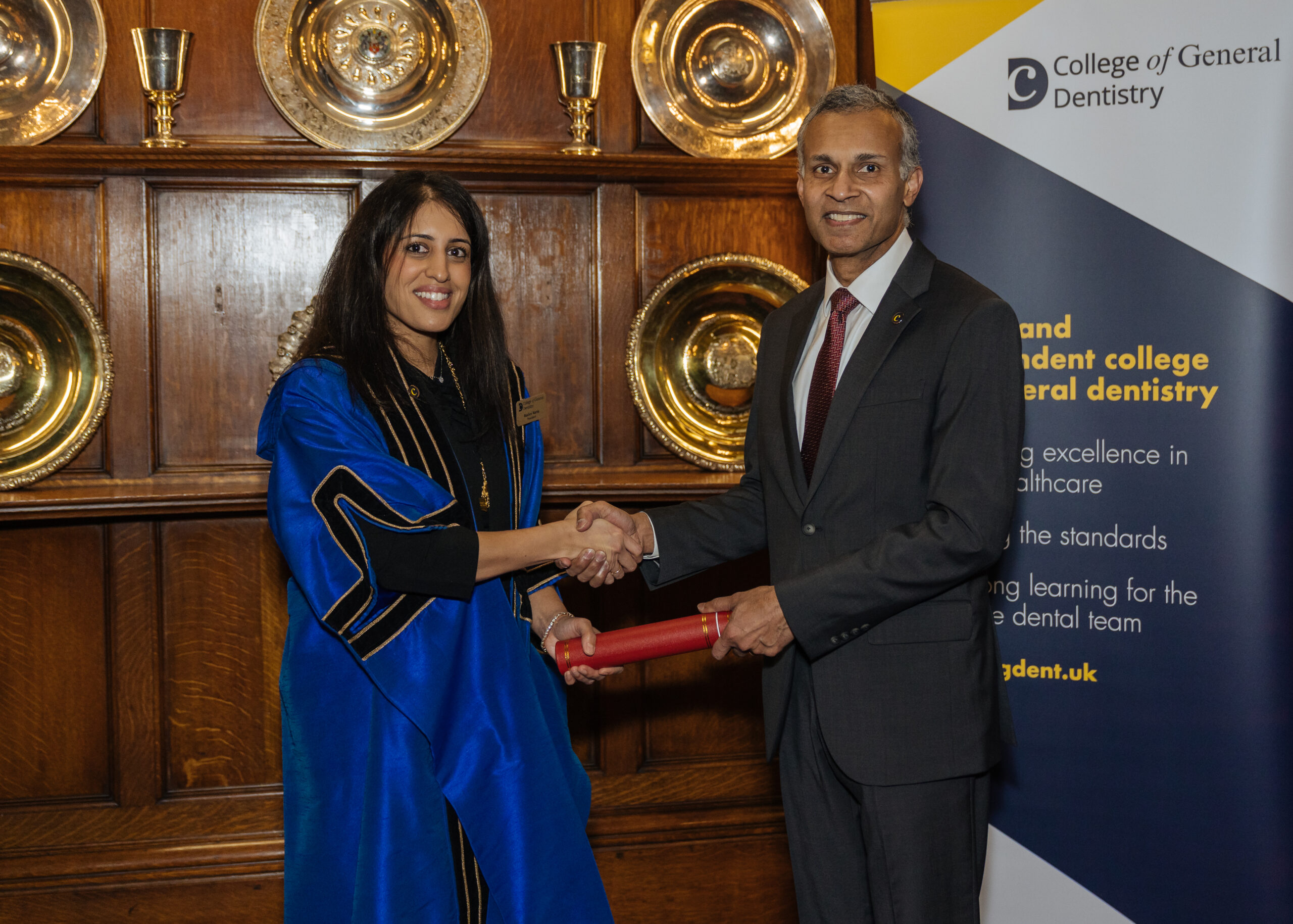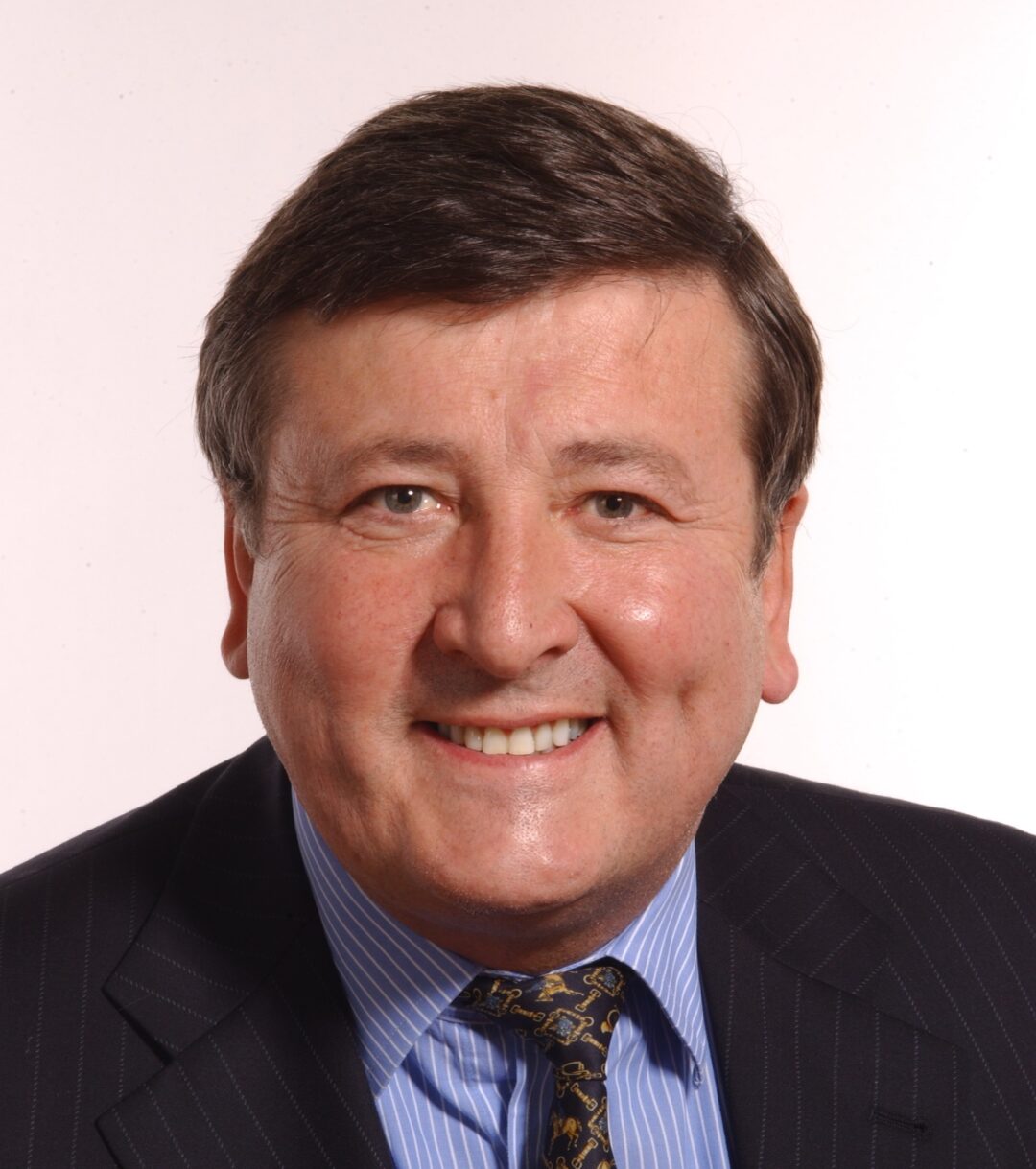

THIS EVENT IS NOW CLOSED
To book your place, sign in or create a free subscriber account and then refresh this page.
Registration will remain open until Saturday 20 September, 2pm
Saturday 20 September 2025, 9am-5pm, London
The Perio-Occlusion Symposium focuses on the aesthetics related to pink gum and the critical role of occlusion in ensuring the long-term success of clear aligner therapy.
In the morning session, Dr Reena Wadia MCGDent will present clinical cases and examine the indications and steps of crown lengthening and gum recession surgery, reviewing the available procedures.
Dr Andy Toy FCGDent leads the afternoon session on the role of occlusion in the successful provision and long-term stability of aligner therapy, giving you the tools to diagnose, plan and finish your patients with a healthy functional occlusion. The full programme is shown below.
Symposium fee
FULL DAY:
- £70 – early careers (qualified 2020-2025)
- £90 – other dental professionals
HALF DAY (morning OR afternoon session):
- £35 – early careers (qualified 2020-2025)
- £45 – other dental professionals
Verifiable CPD: up to 6 hours
To book your place sign in to your online account or create a new subscriber account for free and then refresh this page.
Registration will remain open until Saturday 20 September, 2pm
Topics not of interest to you? Please share details of the symposium with other members of your team
Programme
08:15-08:50 – Registration
09:00-09:20 – DR TOM BEREZNICKI
Welcome and introduction
09:20-13:00 – DR REENA WADIA
Aims & Objectives:
To gain an understanding of the indications and steps of crown lengthening surgery and optimal aesthetics we aim for.
To develop an understanding of the indications of gum recession surgery and the various procedures available.
13:00-14:00 – Lunch break + trade exhibition
14:00-16:45 – Dr ANDY TOY
Aims & Objectives:
Understand the significance of occlusion when providing aligner therapy
Know how to quickly assess for TMD and signs of occlusal distress
Know how to identify challenging orthodontic cases or ‘red flags’
- a. Class III
- b. Crossbite/scissorbite
- c. Deep bite/significant intrusion
- d. Open bite/significant extrusion
- e. Recession/periodontal risk
- f. Occlusally aware patient
Understand the strengths and weaknesses of different types of orthodontic appliances – fixed, removable, aligners
Know how to finish with a stable, functional occlusion with healthy TMJ function and no occlusal distress
Consider your next steps in your orthodontic and occlusion professional development
16:45-17:00 – DR TOM BEREZNICKI
Closing remarks
Trade exhibition
You are invited to visit our trade exhibition and education stands in the breaks to find out more about high-quality postgraduate courses available to you.
Lunch and refreshments
Lunch is not provided in the venue. You are welcome to visit the restaurants, cafes and shops on the doorstep.
Tea, coffee and biscuits are provided throughout the event.
Prayer room
A prayer room will be available at the symposium for delegates use.
Getting there
The venue address is: Small Hall, Kensington Conference and Events Centre, Kensington Town Hall, Hornton Street, London, W8
Kensington Conference and Events Centre is easy to access on public transport and a car park is also available onsite.
London Underground – the nearest London Underground station is High Street Kensington on the Circle or District Line.
Bus – busses 9, 10, 27, 28, 49, 52, 70, 328, C1 stop near the venue. Exit the bus at the Kensington High Street/Wrights Lane junction. Alternatively, busses 52 or 70 stop at nearby Kensington Church Street.
Car Parking – there is a public car park below the Kensington Conference and Events Centre. To access it, enter Campden Hill Road from Kensington High Street, turn first right into Phillimore Walk and turn immediately left down the entrance ramp to the car park.
Kensington Conference and Events Centre is fully accessible for anyone with mobility issues.
The Symposium has been designed for early career dental professionals and all dental professionals are welcome to attend. It is organised by the Tom Bereznicki Charitable Educational Foundation in conjunction with the College of General Dentistry. The Foundation supports educational opportunities for early career dental professionals in the UK.
We look forward to seeing you there!
To book your place sign in to your online account or create a new subscriber account for free and then refresh this page.
Registration will remain open until Saturday 20 September, 2pm
Cancellation and refund policy
A full refund will be provided up to 14 days before the date of the symposium. No refund will be issued within 14 days of the event. If you would like to cancel your place and request a refund, please email us at [email protected]
No refund will be made for non-attendance.
Places are non-transferable to other events.
Follow us on social media:

